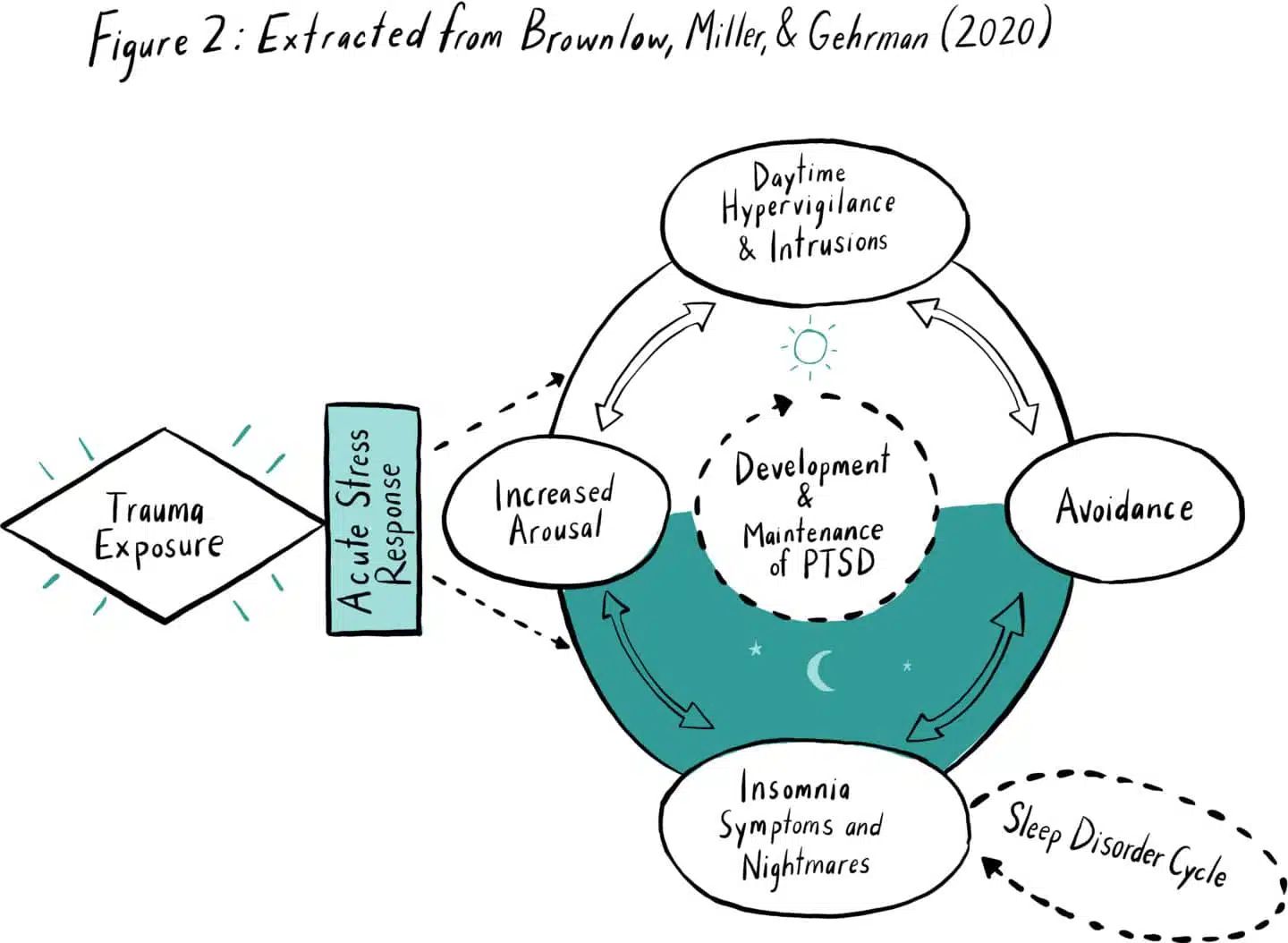Sleep is a state of unconsciousness where the body is at rest in response to external stimuli, but very much active and responsive to internal stimuli. Sleep is thought to play a restorative role for the body and brain. It gives your brain cells a chance to shut down and repair themselves. The quality of our sleep and rest can impact all areas of health and wellness because the brain controls all parts of the body, including:
- Physical health: Sleep is essential for maintaining physical health of the body. It heals and repairs cells, increases immune system functioning, and balances hormones
- Mental health: Sleep plays a crucial role in psychological wellness. Quality of sleep can influence mood and impact emotion regulation abilities
- Productivity: Sleep is a strong determinant of productivity during the day. People who lack adequate sleep often take longer to finish tasks, are more likely to make mistakes, and have a slower reaction time
- Consolidating memory: Sleep plays an essential role in memory formation. Learning and remembering new information relies on good quality sleep

People who experience high stress and/or trauma often notice an impact on their sleep. Sleep disturbances impact 70-91% of individuals with PTSD and include:
- Difficulties falling asleep due to racing thoughts of feeling like your mind cannot settle
- Less restful sleep
- Difficulty staying asleep
- Upsetting dreams or nightmares
Insufficient or poor-quality sleep can also have several impacts during the daytime hours when you are awake, including:
- Reduced ability to learn or solve problems
- Difficulty making decisions and concentrating
- Decreased ability to regulate emotions and manage stress
- Low mood and increased irritability
Because many of the consequences of poor sleep overlap with symptoms of post-traumatic stress, they often perpetuate and exacerbate one another. For example, many people who experience symptoms of trauma will notice high levels of stress, making it difficult to relax, wind down, and achieve restful sleep. In turn, this can decrease people’s ability to cope with daytime stressors. These effects may be particularly true for health care workers who are often expected to work over-time and participate in shiftwork in a high intensity setting where you are always expected to be ‘on’ or alert to your surroundings.
